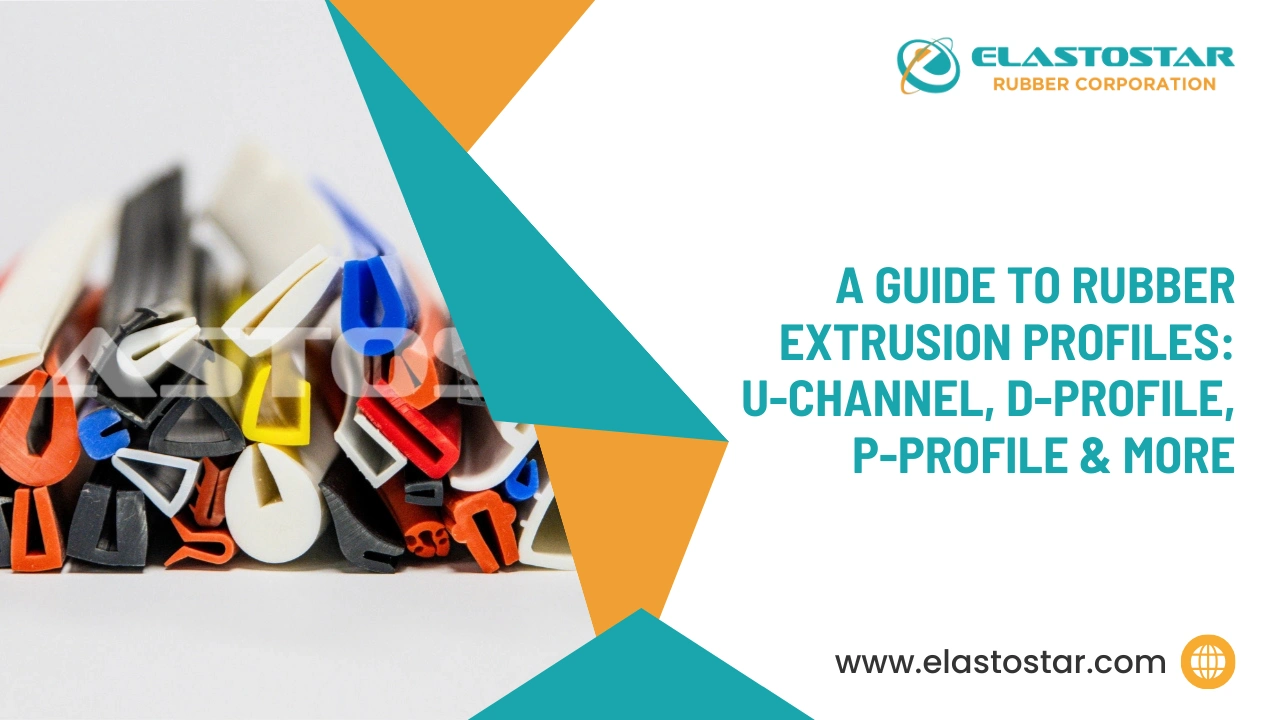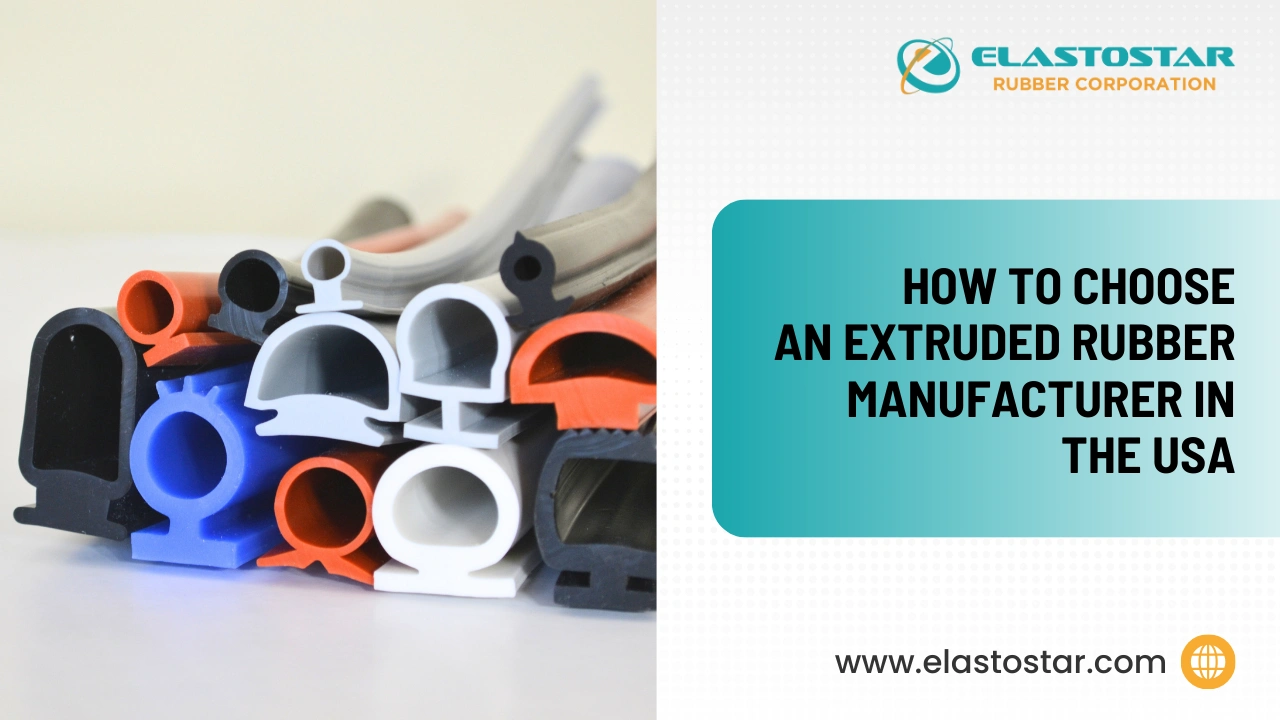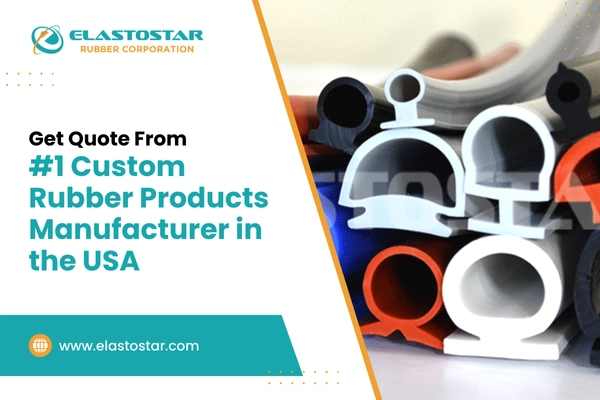Silicone is widely used in healthcare due to its safety and reliability. Extruded rubber is important in medical equipment like tubing, seals, and gaskets, offering flexibility and consistent performance. Medical silicone is recognized for its compatibility with human tissue and resistance to chemicals, making it suitable for devices used in direct contact with the body.
Its strength under sterilization methods and ability to handle extreme temperatures make it a preferred material in healthcare applications. This material continues to support progress in medical technology, and its role in healthcare solutions will be discussed further.
Table of Contents
Why is Silicone Rubber the Preferred Material in Medicine?
Silicone rubber is widely used in medicine due to its unique properties that outperform many other materials. Its biocompatibility allows safe use in contact with human tissue, while its resistance to chemicals and extreme temperatures makes it ideal for critical medical applications.
Uses of silicone medical components include tubing, catheters, and seals, where flexibility and precision are crucial. Silicone for medical devices is designed to maintain performance under sterilization processes, ensuring patient safety and device reliability. With these advantages, silicone rubber remains a reliable choice for advancing medical technologies.
Unique Properties of Silicone Rubber for Healthcare Applications
Silicone rubber excels in healthcare due to its unmatched combination of safety, durability, and versatility.
1. Biocompatibility and Hypoallergenic Nature
Silicone rubber is highly compatible with human tissue and does not trigger allergic reactions, making it a safe material for medical applications. Its non-toxic nature is essential for devices like implants, catheters, and wound care products that require prolonged contact with the body.
Additionally, our materials are tested to meet USP Class VI standards, including USP Class VI Sections 88 and 87, ensuring the highest level of biocompatibility and safety for medical use.
2. Thermal and Chemical Stability
Silicone medical components are designed to endure high and low temperatures, as well as resist chemicals and bodily fluids. This makes them suitable for use in sterilization processes such as autoclaving, radiation, and chemical cleaning, ensuring the integrity of medical equipment.
3. Flexibility and Customization
Custom extruded silicone products can be personalized to meet specific medical needs. This includes tubing, seals, and gaskets that offer precise dimensions, shapes, and functions required in specialized healthcare devices and systems. The adherence to USP Class VI standards further reinforces the suitability of these materials in demanding healthcare environments.
Read More – What is the Best Rubber Material for Gaskets?
What are the Applications of Silicone Rubber Extrusions in Healthcare?
Silicone rubber extrusions are widely used in healthcare for applications such as medical tubing, seals, gaskets, wearable devices, and components for advanced medical equipment.
1. Medical Tubing and Catheters

Extruded rubber tubing is vital in fluid management systems and medical devices such as catheters and infusion sets. Its flexibility, durability, and compatibility with human tissue make it an excellent choice for transferring fluids safely and reliably in healthcare environments.
2. Sealing and Gaskets in Medical Devices

Extruded rubber seals and gasket extrusion are critical for maintaining precision and sterility in medical equipment. These components prevent leaks and ensure airtight and fluid-tight connections in devices like ventilators and diagnostic machines.
3. Advanced Wearable Medical Devices

Extruded rubber sealing strips are used in wearable medical devices, where they provide a secure fit and durability. These components contribute to the functionality and usability of devices such as heart monitors and insulin pumps.
4. Profiles for High-Performance Medical Equipment

Extruded gasket profiles play a crucial role in high-performance medical equipment, offering tailored solutions for complex designs. They are used in surgical instruments, imaging devices, and laboratory equipment to maintain operational efficiency and safety.
The Process Behind Extruding Silicone for Healthcare
The process of extruding silicone for healthcare involves precision manufacturing techniques to create durable, biocompatible components like tubing, seals, and custom profiles for medical devices.
1. Understanding Medical Silicone
Medical silicone, with its biocompatibility and resistance to extreme conditions, has become a trusted material in healthcare. It is widely used in medical devices that require contact with human tissue or fluids. This material’s ability to maintain performance through sterilization processes ensures it is suitable for high-demand applications like tubing, seals, and gaskets.
2. Precision with Custom Rubber Extrusions
Meeting specialized medical requirements often depends on the creation of custom extruded rubber profiles. These profiles are essential for applications such as diagnostic equipment, surgical instruments, and fluid transfer systems. Extrusion technology delivers the precision necessary for medical components, making them reliable for use in critical healthcare environments.
3. Innovation Through Rubber Extrusion
Advancements in healthcare rely heavily on the work of seal extrusion companies, which design and manufacture innovative silicone rubber components. These products, ranging from seals for ventilators to durable parts for wearable devices, are developed using unique techniques to meet strict medical standards. Such innovations continue to support the evolving needs of the healthcare industry.
How to Choose the Best Silicone Rubber Products for Medical Use?
Selecting the best silicone rubber products for medical applications requires materials that meet stringent safety and quality standards.
Our materials have been rigorously tested and have passed USP Class VI Sections 88 and 87, ensuring their biocompatibility and suitability for use in healthcare devices.
- Regulatory Compliance
Ensure the silicone meets industry standards, such as USP Class VI or ISO 10993, to guarantee safety and reliability. - Manufacturer Expertise
Partner with manufacturers experienced in delivering high-quality, medical-grade silicone components tailored to healthcare needs. - Customization Options
Opt for manufacturers that provide advanced customization to meet the precise requirements of your medical devices, such as tubing, seals, and gaskets. - Durability and Performance
Choose silicone products designed to withstand sterilization methods like autoclaving or radiation, ensuring consistent performance in challenging environments.
Trends Shaping the Future of Silicone Rubber in Healthcare
Advances in silicone extrusion technology are improving how medical components are designed and used. Silicone extrusion profiles are now more precise and can have thinner walls or complex shapes, making them suitable for a wide range of medical needs. These advancements help create better tubing for transferring fluids and stronger seals for surgical or diagnostic equipment.
The uses of silicone rubber in medical technology are also expanding. It is now commonly found in wearable health devices, drug delivery systems, prosthetics, surgical tools, and implants. Its flexibility and safety make it a reliable material for meeting healthcare demands.
Elastostar Rubber Corporation: Your Partner in Healthcare Innovation
At Elastostar Rubber Corporation, we have established ourselves as a reliable and innovative leader among rubber extruded manufacturers, delivering high-quality silicone solutions for the healthcare industry. Our focus on precision, quality, and compliance with medical standards has made us a trusted partner for healthcare applications.
Our expertise includes the production of extruded gaskets, rubber shapes, and extruded seals, which are crucial components for various medical devices and equipment. These products are specifically designed to meet the stringent requirements of the healthcare sector, including biocompatibility, chemical resistance, and durability.
With our advanced manufacturing techniques and commitment to excellence, we continue to support the evolving needs of the medical field.
Recommended Reads
- Silicone Tubing: Meaning, Types, Benefits
- 6 Reasons Why Custom Silicone Rubber Products Perform Better
- Why is Silicone Rubber Popular for Use in HVAC Systems?

Conclusion
Custom extruded rubber products have significantly impacted the healthcare industry by providing reliable, durable, and versatile solutions for medical applications. From tubing and seals to advanced medical devices, these products play a crucial role in meeting the stringent requirements of the healthcare sector.
FAQs
1. Why is silicone rubber so widely used in medical applications?
Silicone rubber is widely used due to its biocompatibility, flexibility, and resistance to chemicals and extreme temperatures, making it ideal for medical devices like tubing and seals.
2. What is the medical use of silicone rubber?
It is used in applications like catheters, medical tubing, gaskets, and implants due to its safety and durability.
3. Why is silicone rubber so popular in healthcare?
Its non-toxic nature, durability, and resistance to bacteria make it suitable for medical devices and implants.
4. What are the benefits of silicone rubber in healthcare?
It is biocompatible, chemical-resistant, and performs well under extreme conditions. Elastostar provides high-quality silicone products for these needs.
5. What is medical-grade silicone rubber?
Medical-grade silicone is non-toxic, hypoallergenic, and designed to meet healthcare standards. Elastostar specializes in manufacturing medical-grade silicone products.
6. What is the medical application of rubber?
Rubber is used in seals, gaskets, and tubing for fluid management. Reach out to us for custom rubber solutions for medical applications.




